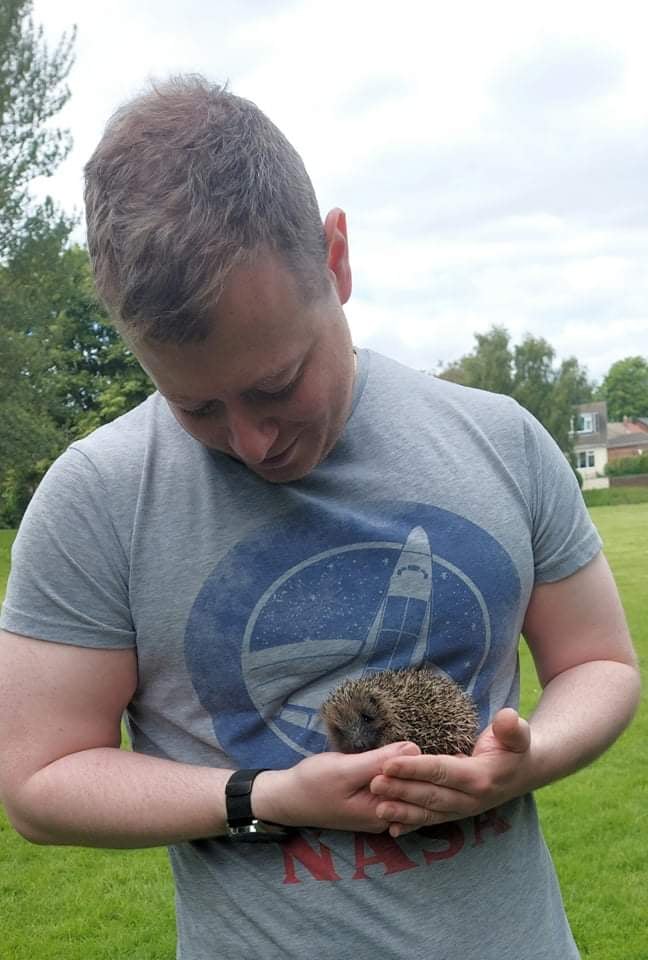Wearsiders are invited to a 3D print course tomorrow at the FabLab Sunderland, which is on the corner by the new Premier Inn, on the Silksworth Row.
SR News reporter Violeta Gorcheva (@mslettygn) has taken on a challenge to see how “3D printable” she is and got a plastic twin after a successful 3D body scan at Sunderland’s FabLab, which is the first of its kind in the whole of the North East – and among one of about 500 around the world.
Currently FabLabs include:
• a laser cutter that makes 2D and 3D structures
• a 3D printer
• a sign cutter that plots in copper to make antennas and flex circuits
• a high-resolution CNC milling machine that makes circuit boards and precision parts
• a large wood router for building furniture and housing
• a suite of electronic components and programming tools for low-cost, high-speed microcontrollers for on-site rapid circuit prototyping
Although FabLabs were originally designed for communities to democratize design and manufacturing and help people to realize ideas and solve problems, many of these have spun out into new start-ups and consumer orientated products and services. They are also increasingly being adopted by schools and educational institutions as platforms for project-based, hands-on education, to support the STEM and broader creativity agenda. Users learn by designing and creating objects, and are empowered by the experience of making something themselves.
Importantly, whilst each FabLab shares common components and ethos, each FabLab is also unique, adapting and responding to needs and opportunities locally.
FabLab Concept
The original FabLab concept, which has expanded and diversified internationally, came via MIT in the US – the first FabLab was born as the educational outreach component of MIT’s Center for Bits and Atoms (CBA), an extension of its research into digital fabrication and computation.
Now, via the FabLab Foundation, there is a knowledge sharing network that spans 30 countries and 24 time zones. Because all FabLabs share common tools and processes, the programme is building a global network, a distributed laboratory for research and invention.
Each FabLab is comprised of off-the-shelf, industrial-grade fabrication and electronics tools, wrapped in open source software and programs written by researchers at MIT.



